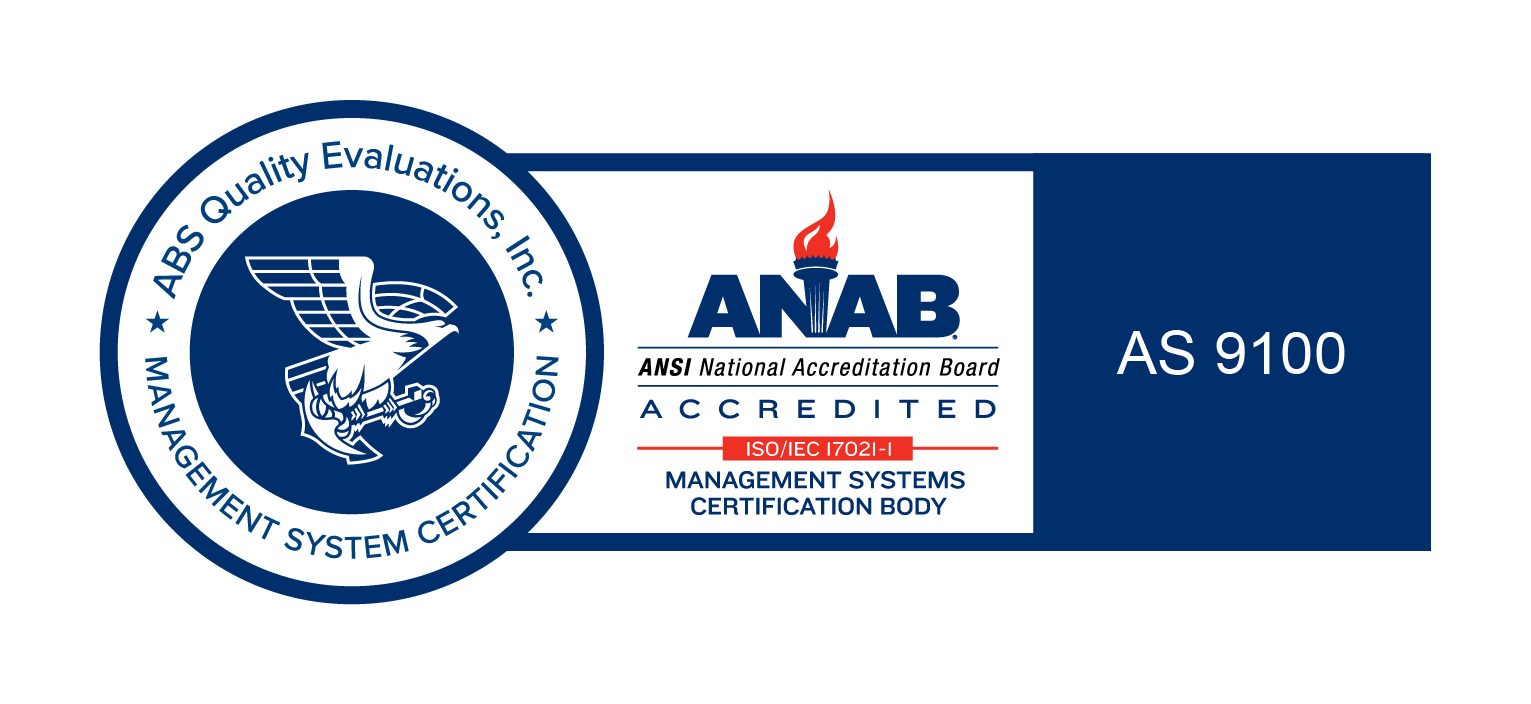CP Titanium Grade 1 UNS R50250
W.Nr 3.7025
Applications
Explosive bonding, Honeycomb, and heat exchangers.
Description
CP Titanium Grade 1 is α phase titanium with the highest purity, lowest strength, and best room temperature ductility of the Commercially Pure grades. It has excellent corrosion resistance and good impact properties at low temperatures, and has good weldability. Grade 1 Titanium can be produced in a Deep Draw Quality, and can have a variety of surface conditions from Bright to Dull. This alloy is not age hardenable.
Industries Supplied
Power Generation, Chemical Processing, Aerospace, Automotive, Marine, and Medical
Nominal Composition
Fe: 0.20 max
O: 0.18 max
C: 0.08 max
N: 0.03 max
H: 0.0150 max
Ti: Balance
Physical Properties
Density: 0.163 lb/in3, (4.51 g/cm3)
Modulus of Elasticity (E):
At 70°F (20°C): 16.3 x 103 ksi (112 GPa)
Modulus of Rigidity (G)
At 70°F (20°C): 5.9 x 103 ksi (41 GPa)
Coefficient of Expansion:
5.4 µin/in.-°F (70°F to 932°F)
9.7 µm/m-°C (20°C to 500°C)
Electrical Resistivity: 21 µΩ.in, (53.3 µΩ.cm)
Thermal Conductivity: 12.6 Btu-in/ft2hr-°F, (21.79 W/m-K)
Applicable Specifications
Strip and Foil: AMS 4940, ASTM B265, ASTM F67
Typical Mechanical Properties
- Annealed
- Heat Treatment: 1290°F
- Tensile Strength: 40 – 56 ksi (276 – 387 MPa)
- Suggested Operating Conditions: -300°F to 1000°F (-184°C to 540°C)
For further information Contact:
Contact Us
Phone: 1 888 843 2350
Elgiloy Specialty Metals – Strip Products
1565 Fleetwood Dr.
Elgin, IL 60123 USA
Limitation of Liability and Disclaimer of Warranty:
- The content in these data sheets is provided primarily by third-party melting mills and is provided for reference only. It is not intended for engineering or design.
- Applications may be discussed, however, Elgiloy Specialty Metals, a Division of Combined Metals of Chicago L.L.C., does not recommend or endorse any material for any particular end use or application.
- The data included in this data sheet are typical values and may vary.
- Elgiloy Specialty Metals, a Division of Combined Metals of Chicago L.L.C., makes no representations or warranties, express or implied, as to the accuracy, completeness, condition, suitability, performance, fitness for a particular purpose, or merchantability of any information contained in any data sheet.
In no event will Elgiloy Specialty Metals, a Division of Combined Metals of Chicago L.L.C., be liable for any damages whatsoever arising from the use of the information included in the data sheets.
Additional Information about Titanium Grade 1 Alloy
Titanium alloys are among the most useful and plentiful alloys used in a number of different industries. There are many different grades of titanium alloys that all have their unique strengths. Therefore, it is vitally important that the right grade is chosen to complete the job at hand. Particularly when you are selecting the right alloy in strip form. While it is softer than the other grades of titanium, it is still very useful for a variety of different uses.
Grade 1 Titanium is the softest and most ductile of all the titanium alloys on the market today. However, it also contains the highest purity level. This means that it is extremely weldable, allowing it to be versatile to the person wishing to use it. Furthermore, it has great corrosion resistance, and superb impact properties when temperatures are low. While it is not age-hardenable, Titanium Grade 1 does have a variety of surface conditions.
Useful in the chemical processing and aerospace industries, Titanium Grade 1 is the most widely available titanium alloy that can be found. One such piece of machinery that you can find Grade 1 Titanium is in a heat exchanger. This is because of its versatility and the fact that it holds up well in extreme temperatures. It is also used in marine environments because of its corrosion resistance. Many times, metals will rust and deteriorate in salty water, so it is important to find an alloy that can handle these conditions. Also, the medical and automotive industries make use of the alloy because of its formability. You can make it work in any shape or size and it will maintain all of the same properties regardless of its size and shape. This is also true for architecture because often times buildings are exposed to a number of different elements, and require an alloy that can handle the exposure to a variety of elements.





